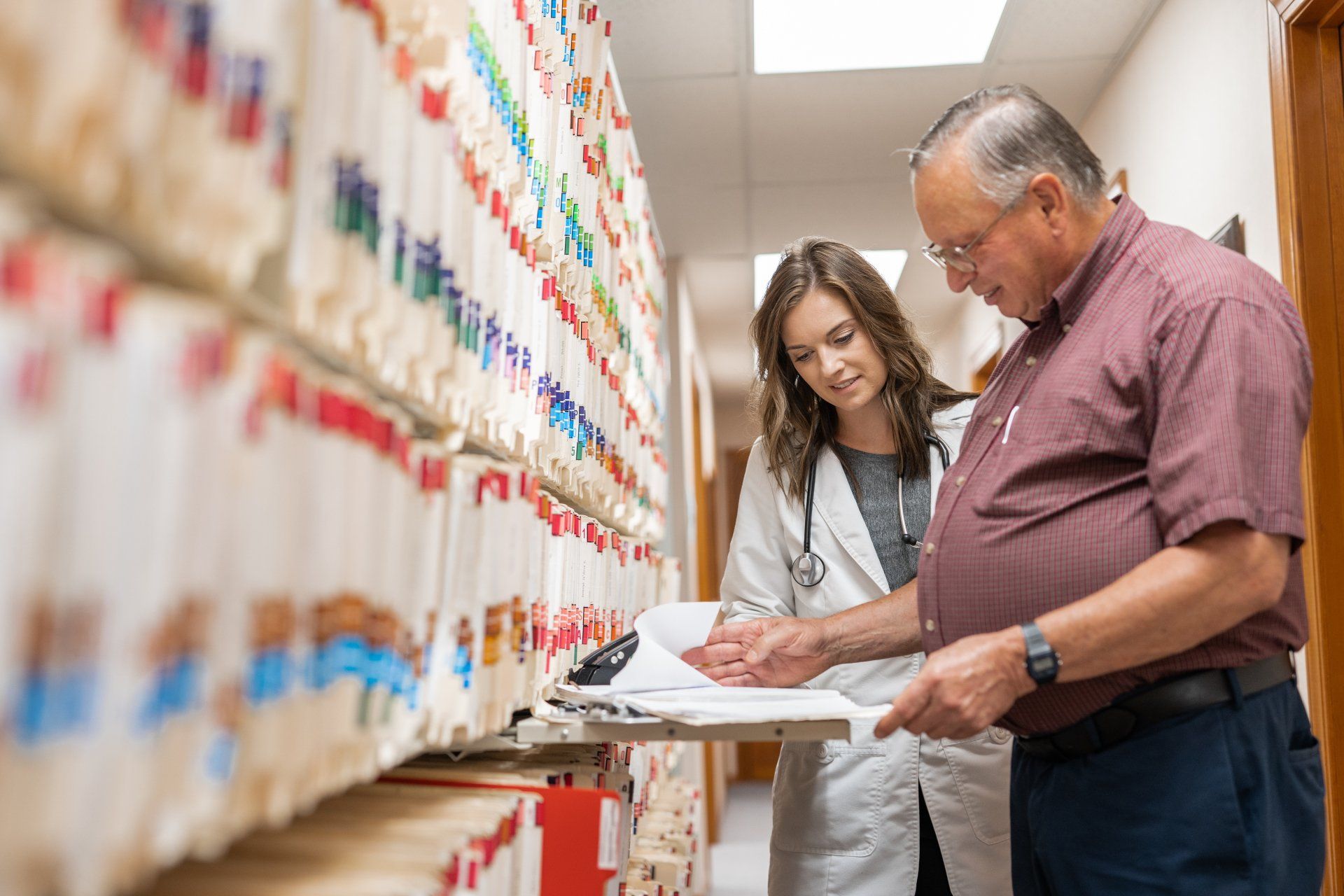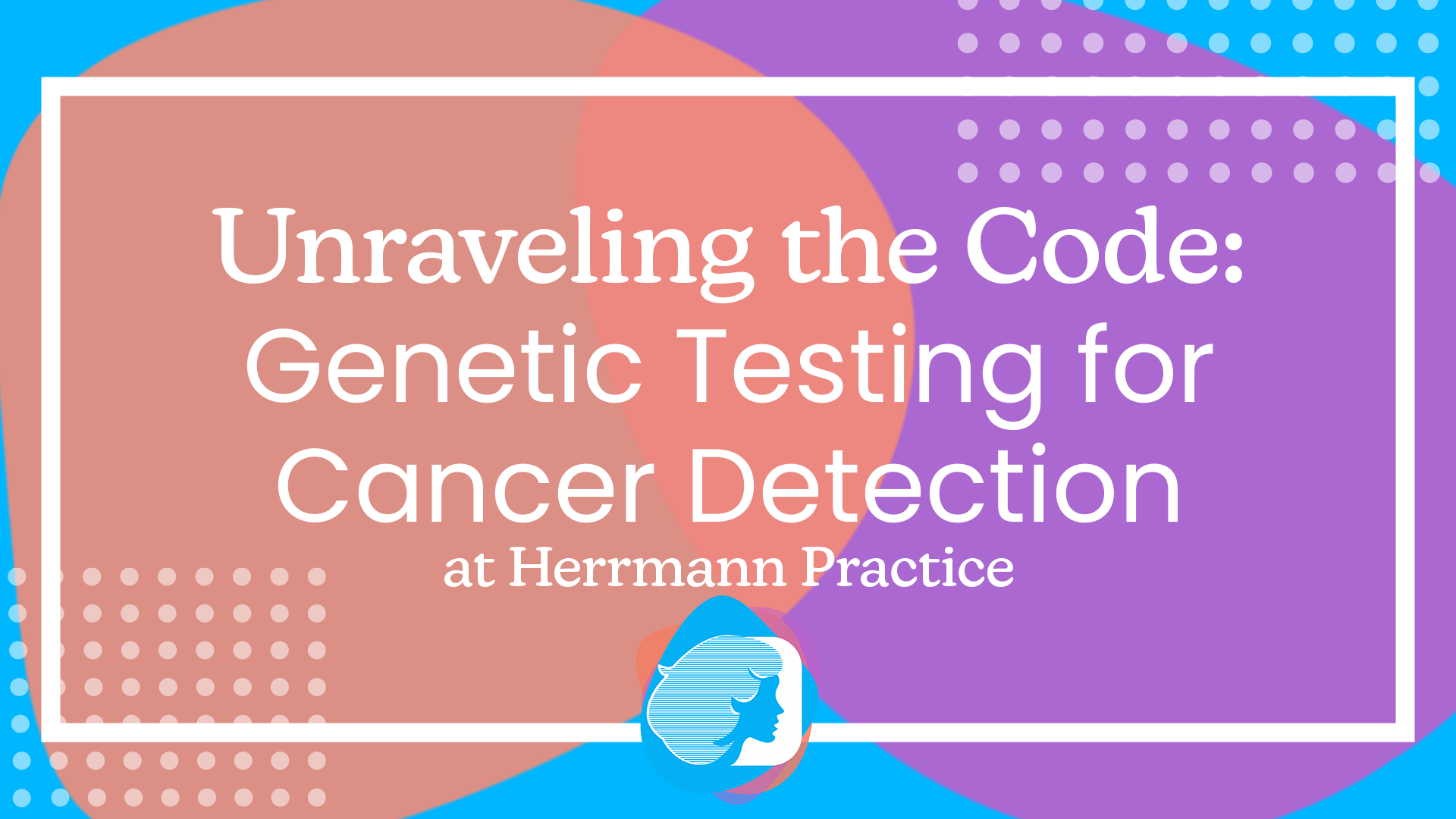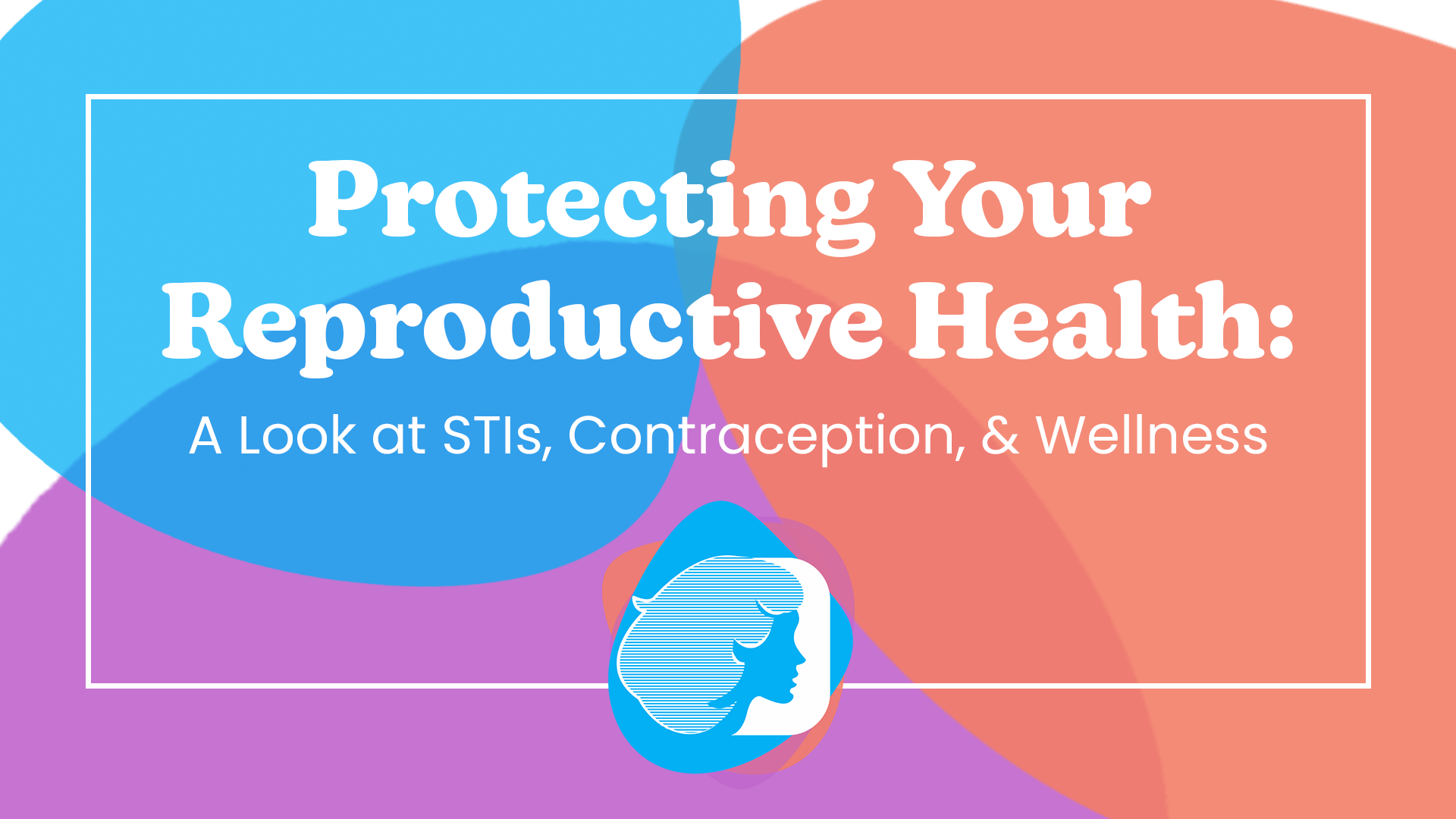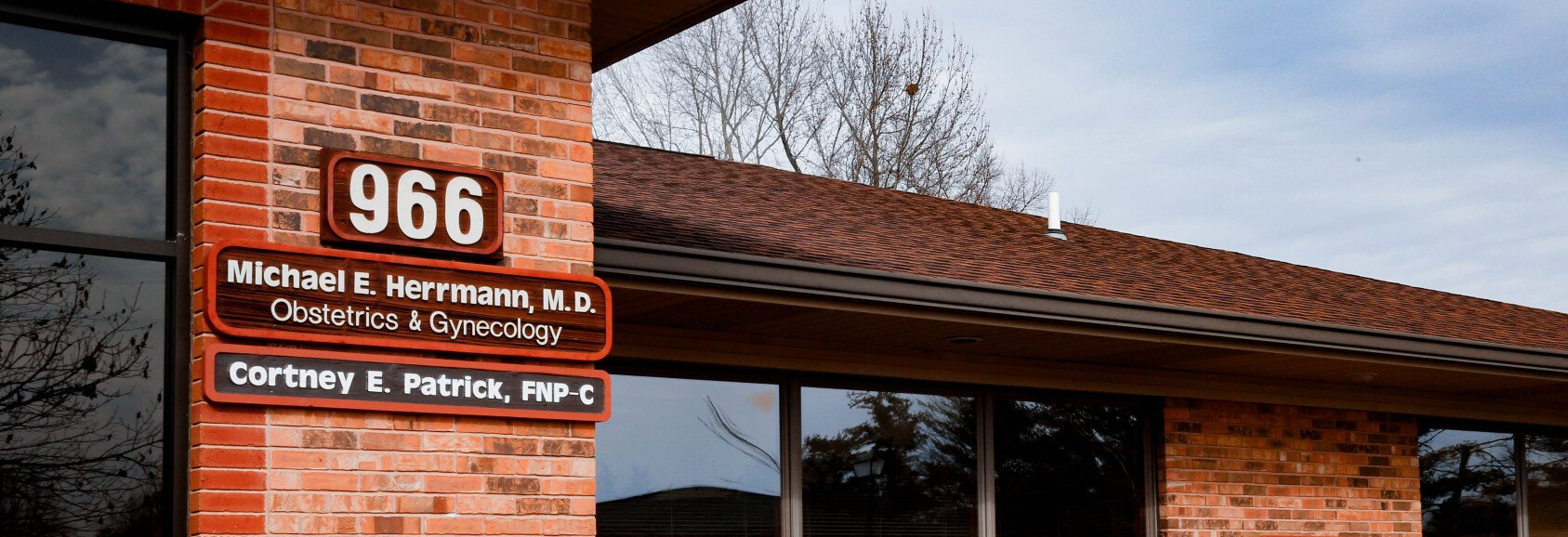Common Questions To Ask Your OBGYN
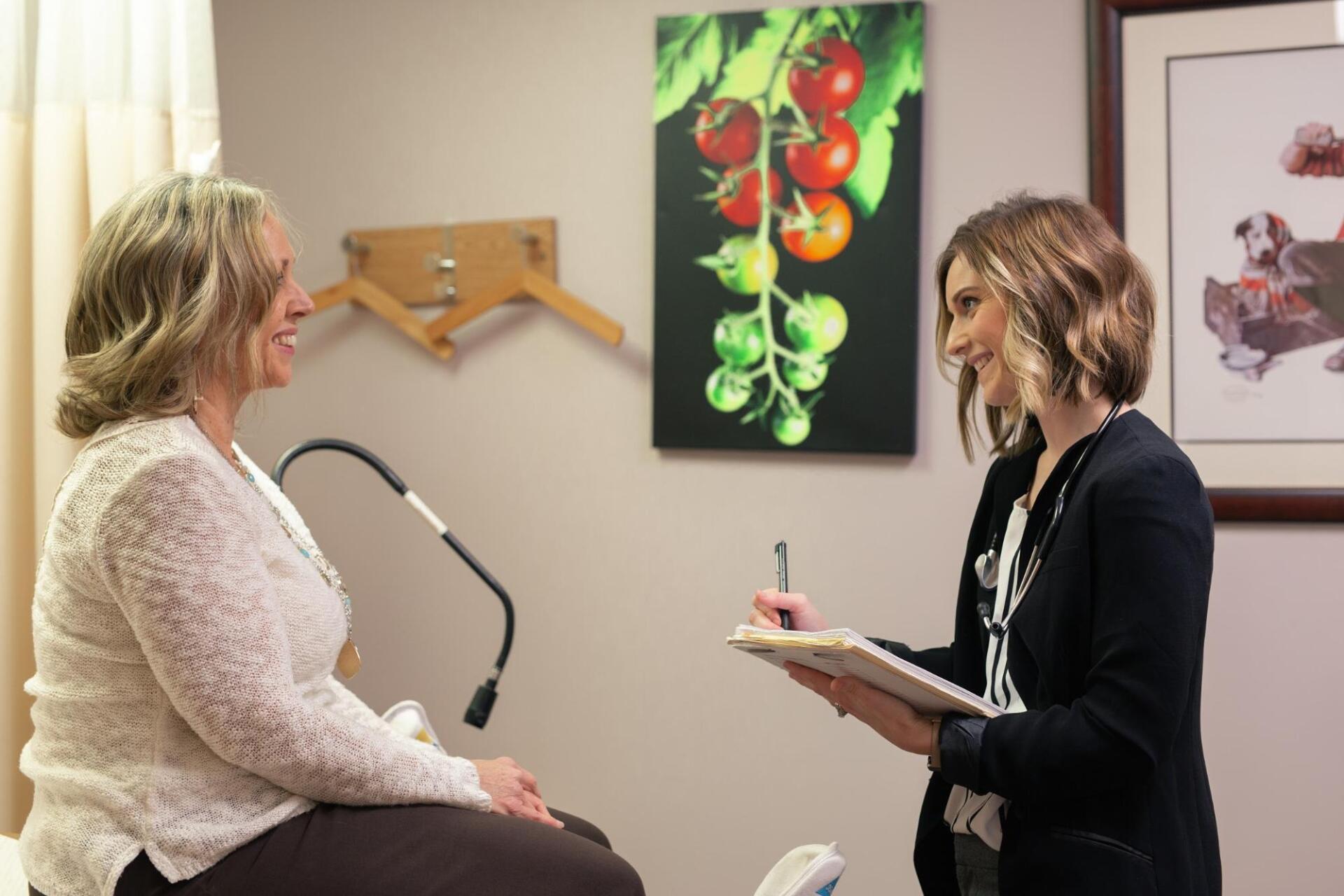
When should I have my first visit to an OBGYN?
According to American College of Obstetricians and Gynecologists (ACOG), young women should have their first visit with an OBGYN between the ages of 13-15.
What type of Birth Control is right for me?
While no two women’s bodies are the same, there are many different variations of birth control that fit certain lifestyles. We offer ALL types of contraception to ensure our patients receive the right form for their lives, including The Pill, Patches, IUDs, Implants, and more!
How often should I have a Pap Smear?
Starting at the age of 21, women should have regular pap smear examinations to ensure proper health & screen for early signs of cervical cancer.
What exams are performed at my Annual Women’s Health Screening?
At every women’s health screening, there will be a pelvic exam as well as a pap smear test to ensure proper health and screen for early signs of cancer.
What is the best way to treat my period cramps?
Cramps can be treated safely with over the counter medications such as Advil, Tylenol, and Motrin. For more severe cases, Oral contraception or ‘the pill’ is not only a great birth control but makes your menstrual blood less heavy, which minimizes your cramps each month. Other remedies may include a warm bath, heating pad, or a hot water bottle in addition to exercising regularly, eating a healthy diet and avoiding salt, sugar, caffeine and alcohol.
Do I need to give myself a breast exam?
It is important for women to give themselves regular breast exams to check for any changes or lumps that may indicate medical issues.
Can I get pregnant/have sex on my period?
Yes, you can have sex on your period. The risk of getting pregnant is still present during this time. It is best to practice safe sex practices no matter when you elect to have sexual relations.
When should I get my first mammogram?
Most women don’t require regular mammogram screenings until the age 40.
What should I do if I think I have a vaginal infection?
If you notice discharge or odor please contact us at the Herrmann Practice at (618) 235-8600 and we can properly diagnose.
What should I do if I have a urinary tract infection (UTI) or a bladder infection?
If you have painful urination change in frequency of urination, or blood in the urine please contact us at the Herrmann Practice at (618) 235-8600. Please, don’t delay contacting us as this can become a much more serious problem if left untreated. Over the counter treatment or cranberry juices are not recommended.
What age does menopause start?
Menopause is the time that marks the end of your menstrual cycles. The age of onset menopause is highly variable; the average age is 51 but the age range is 45-55.
No matter what stage of life you are in, the experts at The Herrmann Practice will ensure that you are living a healthy life. From early stages of adolescence to later stages in life, we know what you are going through and can provide answers to questions and concerns you may have about your body. Schedule your annual exam today! (618) 235-8600
